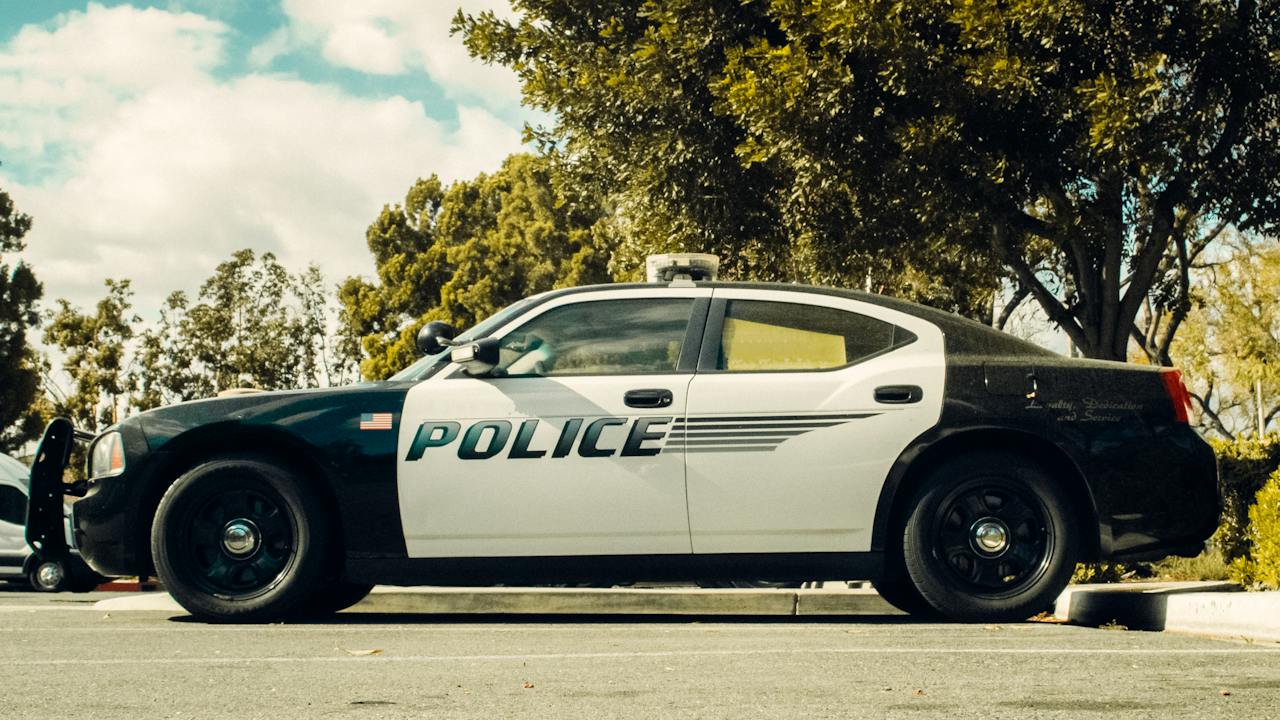A scanner is basically a radio receiver that scans numerous channels quickly to permit you to listen to two-way radio transmissions. Two-way radios, used by fire, police, and others, use short communications that happen over thousands of radio channels. There are various types of scanners, and it can be confusing to decide which one you should get. Remember, once you purchase a scanner, you can learn more about using it as you go. First, get the basics down and learn more about the advanced features later. A police scanner can be merely informative and exciting, or used as a lifetime hobby if you desire. There are a number of factors to think about when selecting the right scanner. It comes down to three questions:
Type
Which communication type are you looking to purchase? Digital, trunked, analog, or conventional.
Form Factor
Do you prefer a portable, desktop, or a scanner for your car?
Features
You can purchase scanners which can be programmed by location by simply entering the ZIP code, and the radio will self-program from the internal database. You can also choose a scanner that is programmed the old-fashioned way, using a keyboard. Some even permit both methods, starting with the ZIP code and then learning how to program it yourself at a later stage. Most scanners can be programmed by using a PC. Whether you are an expert with scanners or simply want to tune into the local action, there is a scanner for you. We have shared our list of top picks.
What Can You Listen To?
Police check scanners permit the public to listen to a firefighter, police, ambulance, and other radio transmissions. When operated, police scanners scan through the pre-programmed channels. The kind of police scanner is contingent on the type of radio transmission which it is expected to monitor. Police scanners are not limited to police transmissions only. Have a look at the selection of other users that you can listen to on a scanner (contingent on your proximity to the authority and the type and power of the radio system you’re using):
- Police (County sheriff, state police, local police and highway patrol)
- EMS, hospital or rescue squads
- Fire department
- Railroads
- Street and road departments
- Air traffic control
- Utilities (electric, water, gas, etc.)
- Stores and malls
- Stadiums
- Universities and schools
The Difference Between The Different Scanners
AnalogPolice Scanners
Traditional or analog police scanners pick up non-digital radio transmission. A keypad permits you to enter and store frequencies in the scanner memory. Many rural areas and smaller cities make use of analog radio transmissions.
Trunking-Capable Analog Scanners
In larger cities, trunked radios permit more users to scan the same frequencies. There may be numerous users sharing the same frequencies, and traditional police scanners are not capable of monitoring so many users.
Digital Police Scanners
Larger cities are converting to digital radio systems since they offer clearer sound and a broader range of reception. With digital scanners, channels can be encrypted so that only authorized users can hear the transmission. Digital police scanners can pick up trunked, digital, and analog radio transmissions and are pricier than analog scanners.
